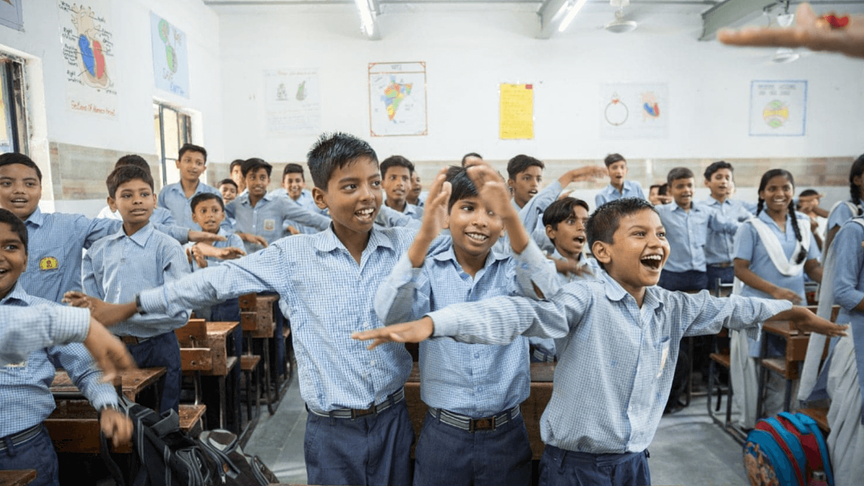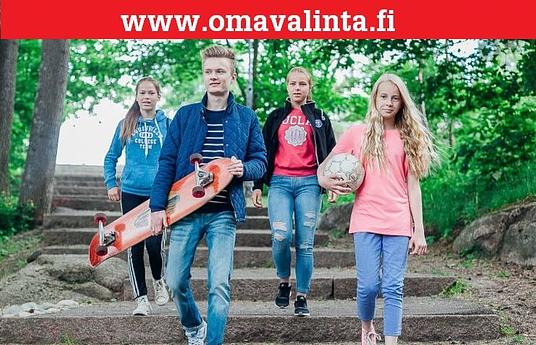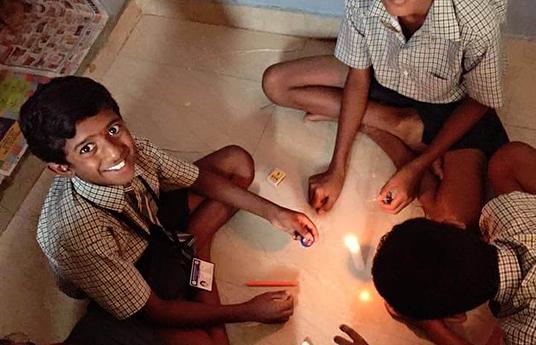Over 190 million children enrolled in public schools in India, live in poverty with a household income of $2 or less, a day. Our children are unable to cope with the consequences of poverty, leading to inattentiveness, demotivation, powerlessness, shame, anger, etc. This not only affects academic performance but also their wellbeing, relationships, emotional state and overall life choices.
Labhya partners with governments to co-create scalable & localized wellbeing and SEL programs for children across public education systems. Labhya provides end-to-end support through co-creation of curriculum, teacher capacity building, monitoring & evaluation, and support in effective implementation.
This has translated into existing public school teachers conducting a daily wellbeing class that has been integrated into the school day. Thus creating safe spaces in classrooms where children engage, reflect, and express by participating in mindfulness, stories, and activities. Our programs enable our children to form stronger relationships, have a higher interest in learning, and have increased emotional resilience as validated by agencies like Boston Consulting Group.
Labhya's programs, which started with just a few children in 30 schools, are now impacting 2.4 million children across 22 thousand schools in 3 states of India.
Labhya has been supported by Harvard University, DRK Foundation, Mulago Foundation, London School of Economics, Selena Gomez’s Rare Impact Fund, and UNICEF among other organizations. We have also been able to share our journey and advocate for children's wellbeing globally with the support of champions like the UN and the World Bank.
Labhya is on a journey to generate strong irrefutable evidence supporting wellbeing and SEL initiatives for children. This will be catalytic in bringing children's wellbeing to the center and effectively increase support and funding in the space of wellbeing and mental health, globally.
Labhya creates open source localised curricula that is accessible globally through our government partners’ websites. We intentionally make our curricula available in order to encourage educators to create safe spaces in their classrooms. Our in-house SEL curriculum in English, designed for low-income contexts, can be made available to potential global partners on request- contact@labhya.org



